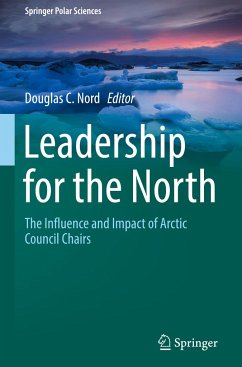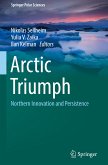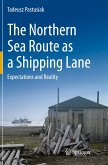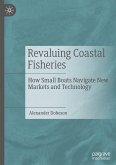This book investigates multidimensional change in the Arctic and policy response to it. It focuses its attention on the need for effective leadership within the region. In so doing it considers the contribution made by the main international organization of the region, the Arctic Council. In particular, it examines the various leadership functions undertaken by the Chair of that body including that of convener, manager, promoter, representative and resolver of differences. It is argued that in performing these multiple roles the Chair is contributing to the necessary leadership required to address pressing Arctic concerns.
The book highlights the activities of the four most recent Arctic Council Chairs, Sweden, Canada, the United States and Finland. It considers the programs for action that each of these countries promoted during their terms at the helm of this major circumpolar organization. It examines the particular approaches, methods and strategies thateachused to advance its agenda and the consequences of such efforts. It focuses attention on the need for building consensus among a diverse membership including Arctic states, organizations representing northern indigenous peoples, non-Arctic countries and non-governmental bodies.
Drawing upon the insights of scholars from several disciplines from across the circumpolar community, the collected essays in this volume seek to paint a picture of the real challenges and opportunities for international diplomacy in the contemporary North. It suggests that there are true "lessons to be learned" in advancing leadership within the region. The book provides a means for considering these and the most effective means of response.
The book highlights the activities of the four most recent Arctic Council Chairs, Sweden, Canada, the United States and Finland. It considers the programs for action that each of these countries promoted during their terms at the helm of this major circumpolar organization. It examines the particular approaches, methods and strategies thateachused to advance its agenda and the consequences of such efforts. It focuses attention on the need for building consensus among a diverse membership including Arctic states, organizations representing northern indigenous peoples, non-Arctic countries and non-governmental bodies.
Drawing upon the insights of scholars from several disciplines from across the circumpolar community, the collected essays in this volume seek to paint a picture of the real challenges and opportunities for international diplomacy in the contemporary North. It suggests that there are true "lessons to be learned" in advancing leadership within the region. The book provides a means for considering these and the most effective means of response.








